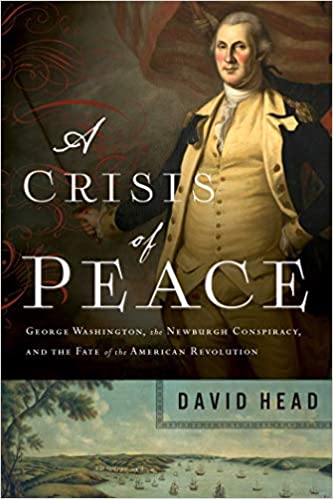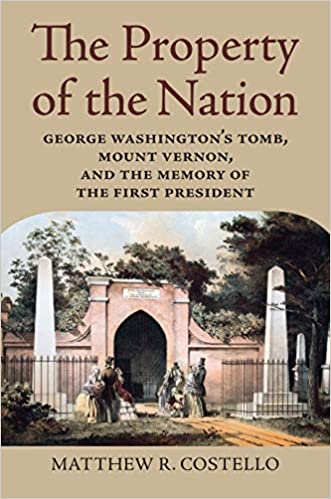August 2020
Editor's Note: Susan Ware is a historian, general editor of the American National Biography, and editor of the biographical dictionary, Notable American Women. Among her books is Why They Marched: Untold Stories of the Women Who Fought for the Right to Vote (Harvard University Press), from which this essay is adapted.

Excerpted from the George Washington Book Prize finalist The Widow Washington: The Life of Mary Washington, by Martha Saxton (Farrar, Straus and Giroux).

Mary Ball Washington was orphaned early, grew up poor, and was later widowed with five children under the age of twelve to support. She did the best she knew how for her family in the harsh world of the eighteenth-century Chesapeake. She poured her exceptional vitality, deep religious convictions, and unflagging persistence into her first son, George. We still admire him for the honorable way he used those qualities to create a country and a government. Why has she not received historians' respect for her years of lonely and challenging work?
Excerpted from the George Washington Book Prize finalist A Crisis of Peace: George Washington, the Newburgh Conspiracy, and the Fate of the American Revolution, by David Head (Pegasus Books).

On a cold morning in March 1783, the officers of the Continental Army read a letter that was circulating through their cantonment along the Hudson River. The officers considered the letter's call to do something soldiers weren't supposed to do: meet to discuss how to send an ultimatum to the civilian authorities in Congress.
Excerpted from the George Washington Book Prize finalist World of Trouble: A Philadelphia Quaker Family’s Journey through the American Revolution, by Richard Godbeer (Yale University Press).

It was September 11, 1777, and the moment that 42-year-old Elizabeth Drinker had been dreading was finally arrived.
Excerpted from the George Washington Book Prize finalist Heirs of an Honored Name: The Decline of the Adams Family and the Rise of Modern America, by Douglas R. Egerton (Basic Books).

Excerpted from the George Washington Book Prize finalist The Property of the Nation: George Washington’s Tomb, Mount Vernon, and the Memory of the First President, by Matthew R. Costello (University of Kansas).
Excerpted from the George Washington Book Prize finalist Stolen: Five Free Boys Kidnapped into Slavery and Their Astonishing Odyssey Home, by Richard Bell (37Ink).
Excerpted from the George Washington Book Prize winner The British Are Coming: The War for America, Lexington to Princeton, 1775-1777 (The Revolution Trilogy, 1), by Rick Atkinson (Henry Holt).


